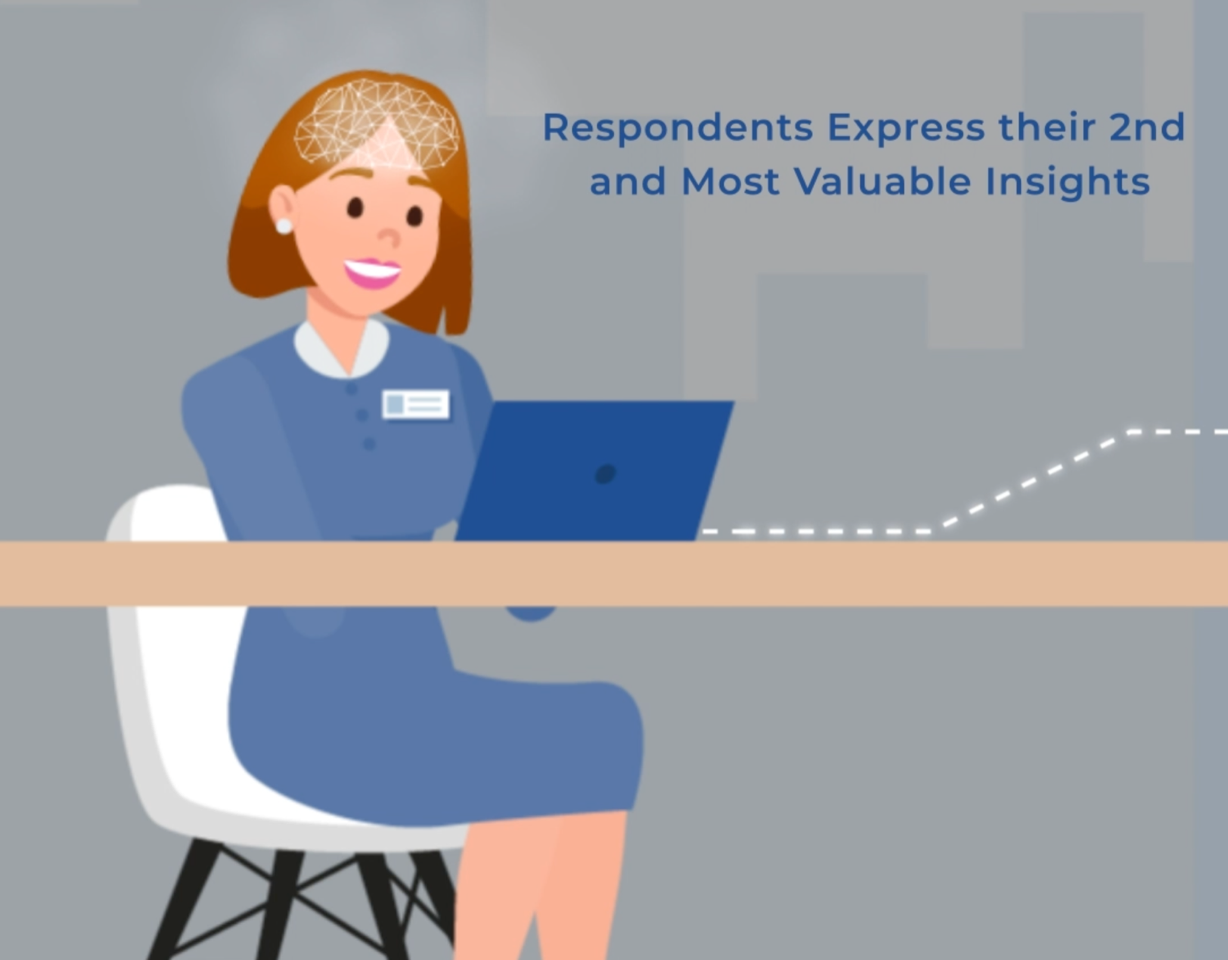In our opinion, trust is the cornerstone of every relationship, also in your organization. Trust is not a given. You have to work on it, pay attention to it, understand it and develop it. Only then can you become a high-trust organization. Less absenteeism, more involvement and engagement and higher productivity. In a way that people really appreciate. Dialogue is inextricably linked to achieving and maintaining trust.
Manager: “We work in teams, together we achieve our goals. Trust is the foundation of cooperation. How do we become and remain a high-trust organization? By having management asking our employees questions, we show that we are transparent; we do not have a monopoly on wisdom, and we need each other. We trust each other.”
What can you expect?
Convenience, visibility and involvement of employees, and better decisions. You will discover the power of trust by asking solid, open-ended questions and, in a follow-up round, having the participants respond to the answers from the first round. Such a dialogue is a collaboration between all participants, in which everyone can easily participate and feels safe to share ideas and change points of view. The real-time dashboard allows you to maintain a clear overview and quickly reach reasoned decisions on difficult, changing topics, and a high level of trust; high trust results in 50% higher productivity, 13% less sick leave and 76% higher commitment.
Project or ongoing?
You can use the dialogue either on a project basis or an ongoing basis. An ongoing subscription ensures that you are and remain regularly in dialogue, and you can closely follow hybrid work. We can even set up an entire programme of dialogues for you, for the important topics, targeting the corresponding groups of employees. In our dialogue, employees also learn to listen and learn from each other: after all, you are here to work together, as a collective.
People& Culture officer: “The dialogue results in something completely new: employees who can rate each other’s answers anonymously. Prioritizing, in other words. Really valuing each other’s opinion. In an accurate manner, neatly arranged in clear lists in my dashboard. This is possible with open answers. Weighed by the people themselves!
For whom?
For management, HR, works councils, governments. Even if you are currently using surveys, polls, video conferences and other forms of work, request the demo. You will be surprised at the ease, the impact and the difference compared to other working methods.
Curious? Get started!
Good, because that’s where it starts: ambition, wanting to know why, wanting to discover how to improve. We would like to let you experience for yourself what we are enthusiastic about and what other organizations such as Gall & Gall, Unilever, Reclassering NL, SpaarneGasthuis, Inspectie voor Gezondheidszorg & Jeugd, RIVM achieve with their employees. Request our demo free of charge. It will also answer questions such as: do we do this once or multiple times? For the entire organization or teams or departments? Who designs the questions? For advice or also to take initiatives? What do the results look like?
Request your demo or email/call Maurik Dippel, at +31(0)611 78 80 47.
Case: We believe trust is essential. A high-trust organization, we learned, is characterised by high retention, low absenteeism, high commitment and less perceived stress. Exactly what we need. We opted for the approach of first setting up a dialogue to learn how trust is perceived, what determines it, what is needed for trust and on which topics our employees want to work together. They want to use their collective brainpower. The anonymous CircleLytics Dialogues, which we have been conducting every quarter since then, ensure this. In the 2nd round, we get priorities on the table, within one week. Each quarter, we also quantitatively measure how trust is experienced in each other, in leadership, in strategy, etc. and especially: why. The result is a wealth of information and a source of commitment.
We listed some sample questions below, but we also use questions from the CircleLytics Question Library (more than 600 open questions) or sometimes approach the CircleLytics team.
How do you rate the trust in each other in our organization? Please explain.
How much support and trust do you experience from your supervisor in the decisions you make? Please explain.
How safe do you feel when taking initiative? Can you explain this?
How reliable do you consider your manager to be? Can you explain this clearly?

